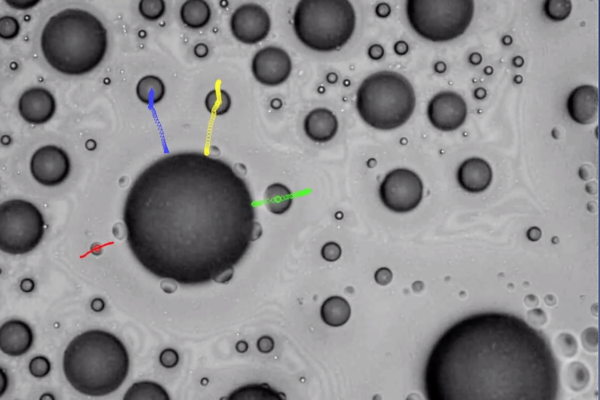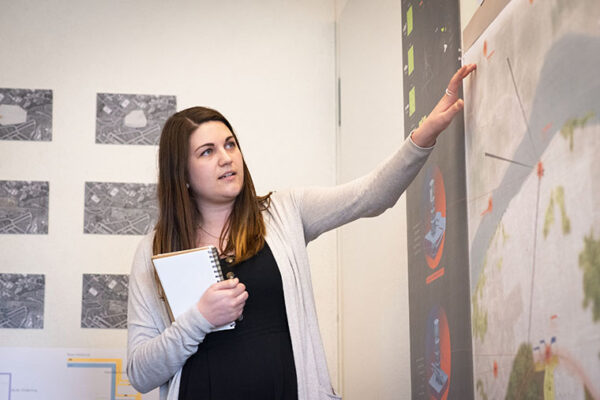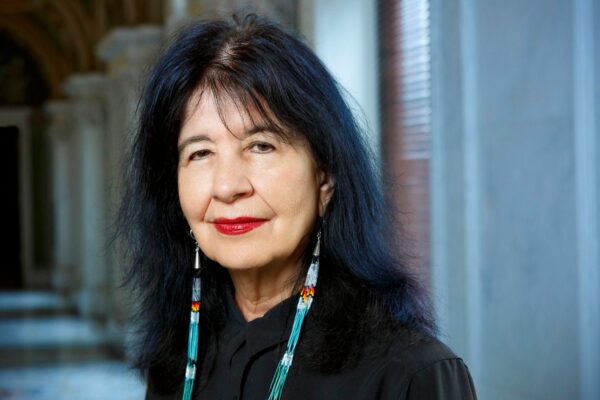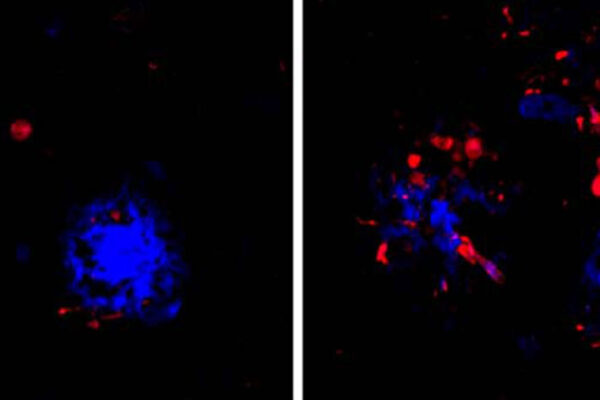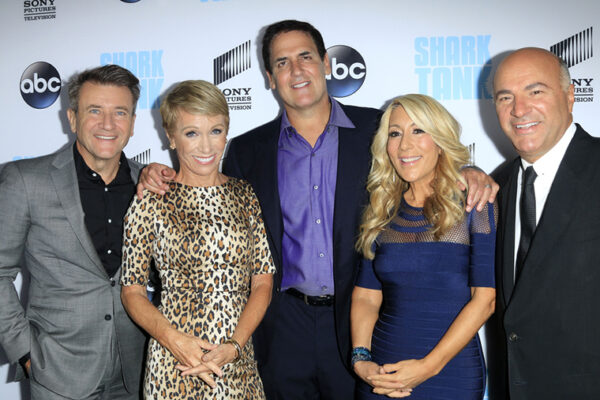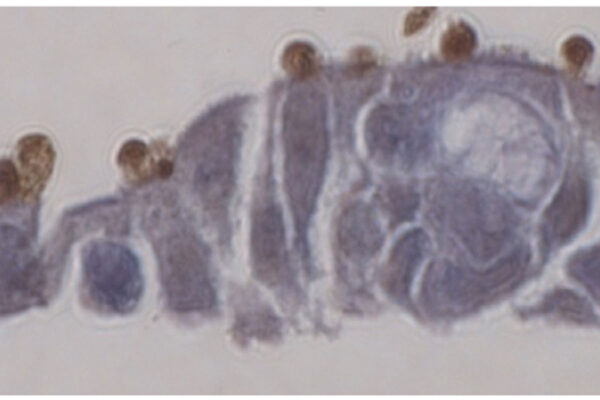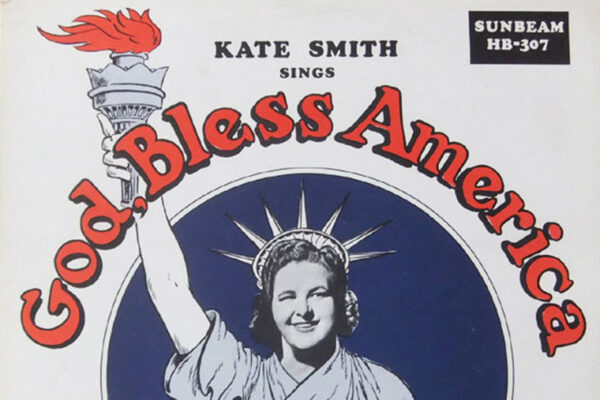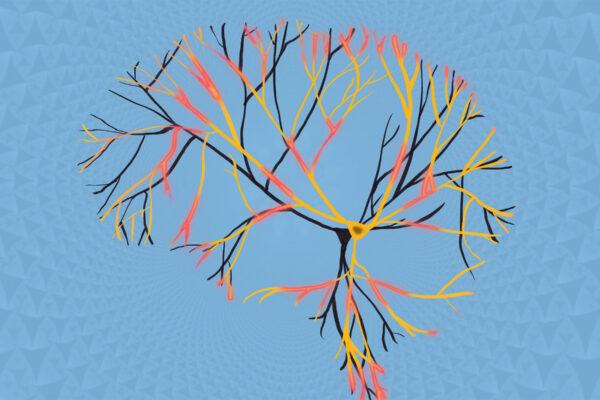Solving a condensation mystery
Dropwise condensation on liquid infused surfaces presented a mystery: what’s causing the movement of water droplets? Researchers in the McKelvey School of Engineering have found the answer.
Designing hyperloop infrastructure
With speeds of nearly 700 miles per hour, hyperloop technology has the potential to revolutionize land-based transportation. But with that revolution comes new challenges for both urban destinations and rural environments. This spring, students and faculty from the Sam Fox School of Design & Visual Arts worked with Virgin Hyperloop One to investigate the impacts and potentials of the proposed Missouri route from St. Louis to Kansas City.
WashU Expert: First Native American U.S. poet laureate will inspire the nation
Joy Harjo, a member of the Muscogee Creek Nation, has been selected as the 23rd U.S. poet laureate, a move that will inspire Native Americans throughout the country, says Kellie Thompson, director of the Kathryn M. Buder Center for American Indian Studies at Washington University in St. Louis.
Alzheimer’s missing link ID’d, answering what tips brain’s decline
Researchers at the School of Medicine have found that immune cells that typically protect neurons from damage may be the link between such early and late brain changes in Alzheimer’s disease. Breaking that link could lead to new approaches to delay or prevent the disease.
What happened on July 4, 1776? Maybe not what you think
On that historic day 243 years ago, the Continental Congress adopted the Declaration of Independence. But it would be weeks before the Founding Fathers would actually sign the handwritten document now housed in the National Archives in Washington, D.C. In the meantime, official broadsides — one of which is showcased at Washington University in St. Louis — were printed and posted on the doors of courthouses across the nation.
Competence, confidence affect whether investor ‘sharks’ bite
An Olin Business School faculty member teamed up with three researchers from Michigan State University to examine investors’ decision-making, and they came up with a novel idea for a laboratory: ABC’s reality TV show “Shark Tank.”
Treatment for common cause of diarrhea more promising
School of Medicine researchers have figured out how to grow the intestinal parasite Cryptosporidium in the lab, an achievement that will speed efforts to treat or prevent diarrhea caused by the parasite.
July 4 skies ‘could be empty’ in 2020 over trade war with China
If the proposed Trump Administration tariffs are imposed and continue into 2020, China’s likely strategy will be to use fireworks as a “political toy” heading into the election season, says a Washington University in St. Louis expert on international trade.
WashU Expert: Unplugging Kate Smith
Kate Smith was the “songbird of the south” and “the First Lady of radio,” a 20th-century superstar whose recording of “God Bless America” was still being played during Philadelphia Flyer and New York Yankees home games. But recently, both teams distanced themselves from Smith due to racist lyrics in a pair of her early recordings. Arts & Sciences’ Todd Decker, chair of music, helps unpack the controversy for USA Today.
The fractal brain, from a single neuron’s perspective
Physicists studying the brain at Washington University in St. Louis have shown how measuring signals from a single neuron may be as good as capturing information from many neurons at once using big, expensive arrays of electrodes. The new work continues the discussion about how the brain seems to function in a “critical” state. The research was reported in the Journal of Neuroscience.
View More Stories
